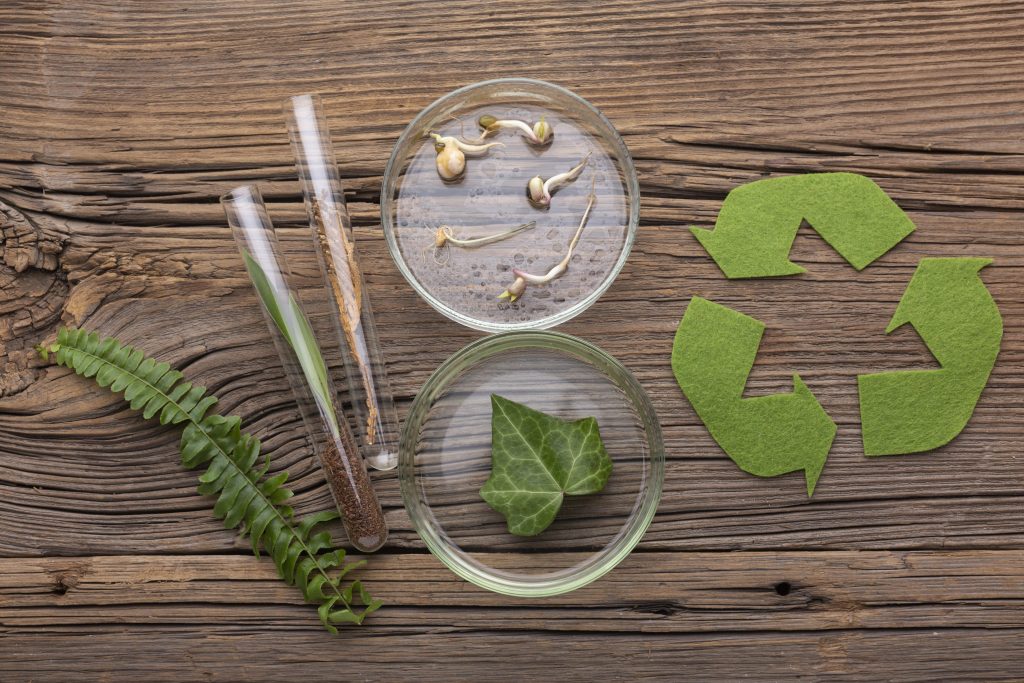
January 28, 2026

The ERC ARCHI-SKIN research team from InnoRenew CoE has just secured multiple slots on the MayaSat-1 incubator CubeSat for a bioinspired fungal biofilm experiment in orbit. As first and only clients to undertake such a study, this will be the first of its kind to investigate the effects of space on engineered living materials.
The research institute InnoRenew CoE, dealing with topics of sustainable building material development and research (including biotech) based in Slovenia, is set to send a fungal biofilm experiment led by Dr. Anna Sandak, the leader of the ARCHI-SKIN research project. This project’s innovative approach will lead to the creation of engineered living materials that can interact with and adapt to environmental changes. ARCHI-SKIN will introduce a new dimension to materials—life—redefining how we perceive, design, and use them. Dr. Sandak’s interdisciplinary research group is developing a biofilm to protect materials like biomaterial, concrete, plastic, and metal surfaces. A key feature of this biofilm is its natural self-healing ability.
“We decided to collaborate on Mission Possible because it is a unique opportunity to investigate the effect of microgravity and higher levels of radiation due to exposure to space conditions,” said Dr. Anna Sandak.
The Mission Possible, first payload carrying mission of The Exploration Company, is scheduled to launch aboard a SpaceX Falcon 9 in the first half of 2025. Mission Possible’s demonstrator capsule will transport 300 kg of payload, including Genesis SFL ‘s MayaSat-1, to Low Earth Orbit. The capsule will remain in orbit for 3 hours before re-entering and returning to Earth.
The MayaSat-1, a biological incubator CubeSat developed by Genesis SFL, is specifically designed for space-based biological experiments. This nanosatellite can accommodate up to 980 biological samples in orbit and is dedicated to investigating the effects of microgravity on a range of biological entities, including human DNA, plant seeds, algae, yeast, and various cells and microbes. The primary goal of MayaSat-1 in this mission is to demonstrate the feasibility of future rideshare services for experimental payloads, enabling longer biological experiments in space. The payloads will be integrated within the Mission Possible space capsule. This setup allows the samples to experience microgravity conditions and then be retrieved for detailed analysis back on Earth.
“We are proud to host the ARCHI-SKIN experiment on our MayaSat-1, a pioneering study that will expose samples to microgravity and radiation. Thanks to the Nyx attachment, we can retrieve the living materials, offering the research team a unique chance for groundbreaking discoveries. We are honored to support their work,” added Dr. Bence Mátyás, Genesis SFL CEO.
The company Genesis SFL has secured the last available slots for the 2025 space mission, which is now sold out. After completing this final demonstration mission, The Exploration Company will focus on preparing for a full-scale test flight of the Nyx spacecraft, anticipated to occur in 2027.
The InnoRenew CoE researchers are looking forward to analyzing fungal biofilm after space travel which will deepen the understanding of the potential and resilience of engineered living materials.